World Economic Forum Davos Summit
As I sit gratefully reflecting on this Memorial Day, I’m reminded of the Victory Gardens created after WWI and WWII. During the wars, the National War Garden Commission encouraged Americans to grow their own food in home gardens. In order to do good and create change, Americans simply came together to feed themselves and serve the common good. Growing their own food was one of the greatest forms of patriotism during the time. They honored those who fought for our country in all they did, even in the most basic way: feeding their families.
Today, there are a plethora of organizations that claim to serve the common good. Some do a better job than others, but this week, the World Economic Forum Davos Summit, which wrapped up on May 26th, has been on the forefront of my mind and the minds of many other agriculture advocates. According to US Farmers and Ranchers in Action, this is the first time agriculture played a leading role in the conversations taking place at the summit. The USFRA CEO, Erin Fitzgerald, spoke at the annual meeting with the advertised goal of advocating that agriculture can be carbon negative a solution to climate change.
The entire basis of the World Economic Forum, founded in 1971 by Klaus Schwab, is that the management of modern enterprise must serve not just the shareholders, i.e. those who stand to make or lose money on their investments, but also the stakeholders. i.e. those whose livelihood depends entirely on what those shareholders make available to them.
In theory, this seems like a good plan. Include the people who actually work the land in the decision making about how the land should be best utilized. In practice, it means the shareholders get together in Davos and decide what direction makes the most sense for the sector based on their investment portfolio. They seek to ingratiate themselves to the sector by claiming to take a financial hit in the form of a lower return on investment by making investments that are lower risks, especially in agriculture. As generous as they like to make this sound, the other side of the coin is they see a future where their wealth must be preserved in an ever more tumultuous investment environment. The world must eat, and investment in food production may not sound as exciting as travel to space or exploring the untold depths of the ocean, but it’s an almost guaranteed return.
And in terms of investors, we’re not talking those who are investing their life savings in hopes of creating a better future for their families and for the world. We’re not even talking the likes of Greta Thunberg, sailing places to avoid creating a carbon footprint. We’re talking those with unfathomable generational wealth ensuring that wealth is preserved, so they don’t take enormous financial hits as the world transitions towards climate friendly options. They speak of going carbon neutral while making their way to Davos in their private planes, private cars, and staying in one of their many private residences.
What these billionaire investors want you to believe is that they are being incredibly benevolent in their investments. They market their support of a sustainable and climate friendly agriculture as their gift to the world at large. They share stories of how innovation in agriculture will help eliminate world hunger and safeguard the planet for future generations. They speak of the building a better future by harnessing the technology and innovation of the “Fourth Industrial Revolution.” Their marketing game is on point.
While in some ways, there may be some truth to these claims. However, the truth they don’t highlight is that their choice of investment is going to determine the direction our farms and ranches must take because that’s what choices they will make available to us. They’re bypassing our rights as owners of the land they now deem an “asset class,” something agriculturist have long since recognized, by creating funding and opportunity where they see fit, i.e. where it best preserves their long-term, generational wealth. In the end, shareholders would rather invest with less risk, and see less return, which in terms of their wealth is still an unfathomable amount of money for most of us, then risk more and potentially lose it by ignoring the public push for climate change action.
During the forum, a few chosen representatives claimed it was invaluable to have the voices of farmers be heard. However, you didn’t hear those voices. You heard the voices of a few representatives dressed in understated and yet remarkably expensive suits, and you heard the voices of many billionaires who feel they have every right to determine what’s best for our industry on a global scale. This does the opposite of giving agriculture a voice. It instead bypasses any autonomy a farmer or rancher might have about choosing what’s best for themselves. Could we all use a little education and support in making decisions for ourselves? Sure. What we don’t need is limited options, which is in direct opposition to creating the innovation these so called thought leaders claim we so desperately need.
Now, it’s not the idea of fighting climate change that I find problematic. In fact, if we want to look back on those Victory Gardens, we’re now finding that not only were they incredible choices made in order to show patriotism, but that they are also incredibly climate friendly. In 1944, there were an estimated 20 million Victory Gardens in the United States. Sometimes thinking globally can create change, but often times it’s these small acts that make the biggest difference. Rather than allowing billionaires dictate how agriculture should look in the future, maybe we need to think micro and not macro.
